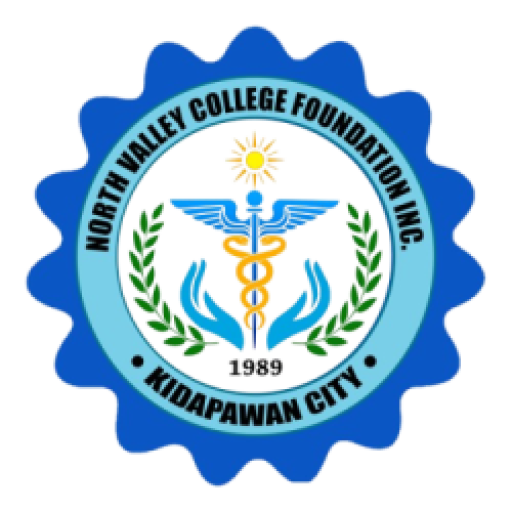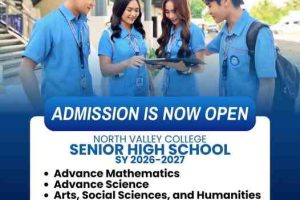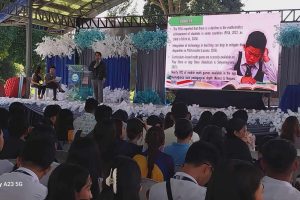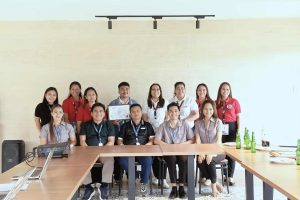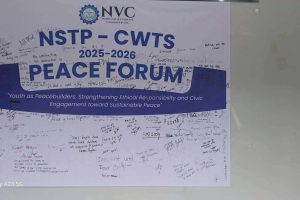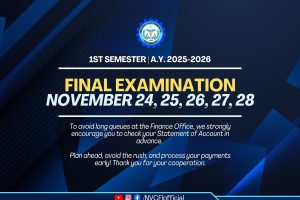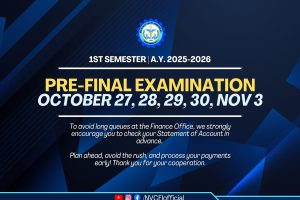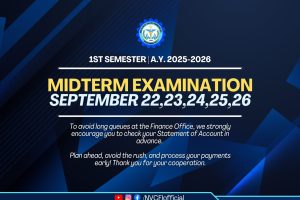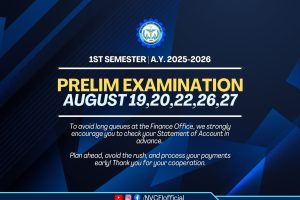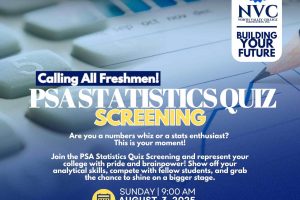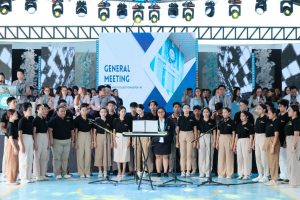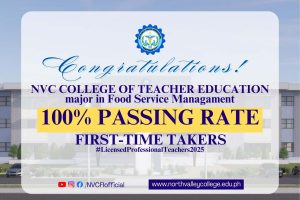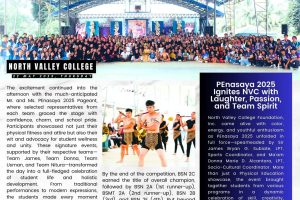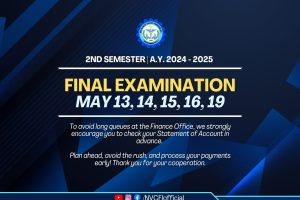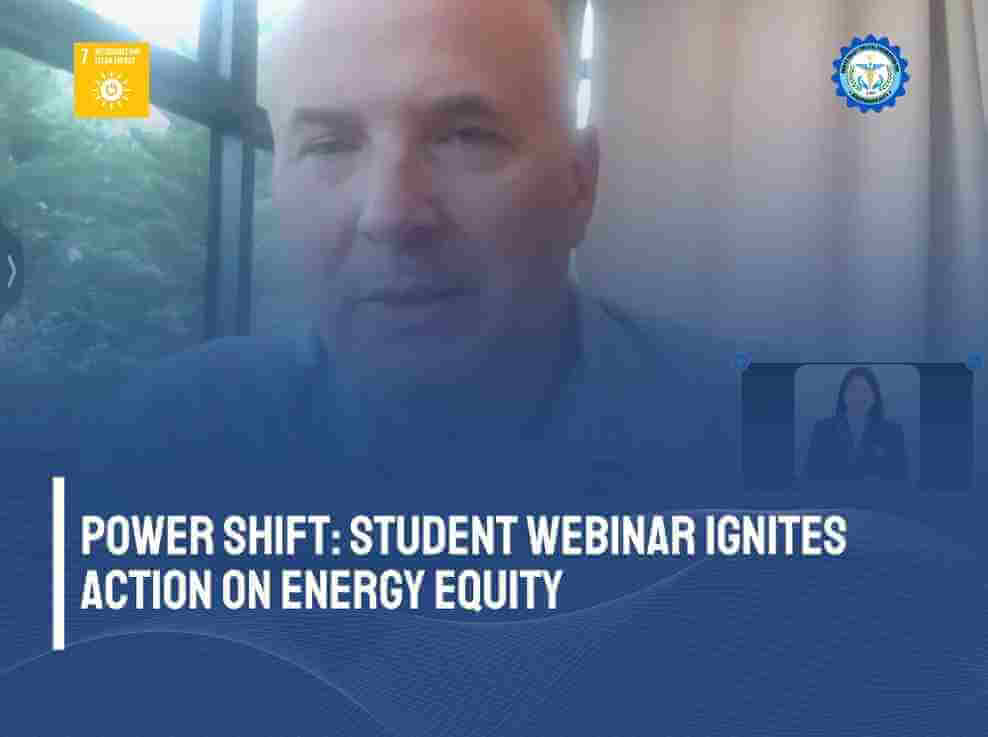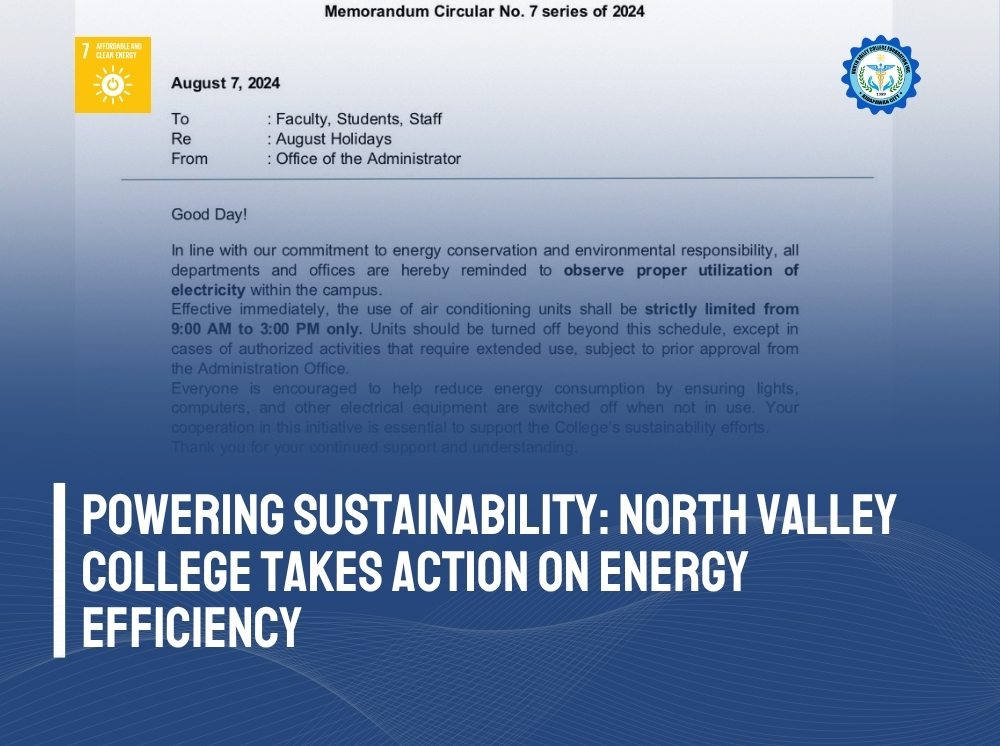The air inside the virtual auditorium crackled with potential on September 20, 2024, as the student council launched its annual Environmental Awareness Webinar, strategically re-focused on SDG 7: Affordable and Clean Energy. This wasn’t merely a talk on saving electricity; it was a deep dive into the practical economics and engineering of the energy transition. The council successfully brought in a former student, now a geothermal engineer, who didn’t just discuss renewables but provided a detailed cost-benefit analysis of small-scale solar installations versus traditional grid power, anchoring the global goal in local reality. By emphasizing the “affordable” aspect, the council gave students the tools to see clean energy not as an expensive ideal, but as a financially sound alternative that could reduce household utility bills and foster energy independence—making the concept tangible and personally relevant to every family’s budget.
The content delivered during the webinar focused sharply on the strategic implications of SDG 7. Experts discussed the financial mechanisms available to the public, detailing government subsidies and tax incentives that significantly lower the barrier to adopting clean energy technologies. They explained the policy shifts required to ensure energy equity, analyzing how centralized power systems often fail marginalized communities, and presenting decentralized renewable solutions as a path to reliable, universal access. Furthermore, a dedicated segment explored the concept of sustainable consumption, educating students on the full life-cycle assessment of energy products—from manufacturing efficiency to responsible disposal. This comprehensive academic approach ensured that the webinar framed clean energy as both an environmental imperative and a social justice issue, teaching students that access to reliable power is a fundamental right tied to economic opportunity.
The success of the September 20th webinar solidified the student council’s role as a driving force for sustainable development on campus. By directly linking the complex principles of SDG 7 to practical household economics and community development, they fostered a new generation of energy-literate advocates. The event served as a crucial reminder: achieving global goals starts with localized, affordable action. The council proved that a well-designed educational program can effectively empower students to become not just consumers of energy, but informed stewards who champion efficient, clean, and accessible power solutions for a sustainable future.
